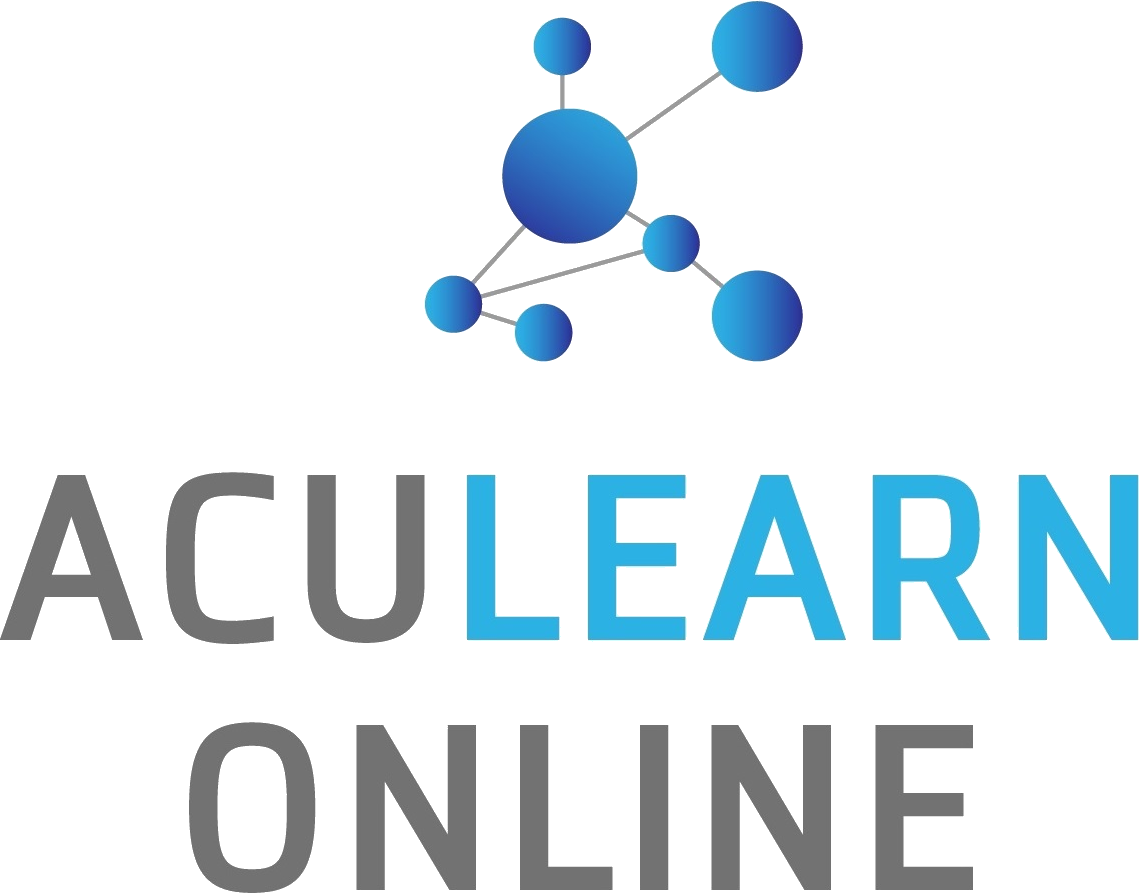Here are 7 reasons why critical thinking skills can help your kid excel in primary/secondary english?

The importance of critical thinking skills has been gaining popularity over the past decade. Although formal education is beginning to promote critical thinking skills more extensively, for many of us, it has become more of a necessity in our everyday lives.
Kids should also develop these skills when learning English because it is an extremely useful tool for understanding the information more fluently and providing a way to evaluate sources and draw conclusions.
Having said that, this article will explore 7 important reasons why critical thinking skills can help your kid excel in primary and secondary English in Singapore. But before we get to that, you must first understand the meaning of critical thinking.
What are critical thinking skills?
Critical thinking is an important and useful skill that everyone must learn. And the best time to start is during school by engaging them in primary and secondary English. This is especially important because critical thinking isn’t limited to one field but it can be applied to anything we do and how increasingly useful it will be as we grow and learn.
Key areas that critical thinking skills should cover include reasoning, problem solving, critical analysis, exploration of alternative explanations, personal interpretation, and logical reasoning. At some point of time, everyone has got to think critically and it’s always best to teach kids how to think critically from an academic perspective like primary English and secondary English.
7 Important Reasons Why Critical Thinking Skills Is Important?
#1 Critical thinking skills are imperative for English language learners.
As a subject, English is an important language for kids to learn but one of the key reasons why some kids struggle with the subject is because they are unable to think critically or interpret from what they have read, heard or observed.
As teachers, they will need to infuse this skill trait into young learners so that they can think for themselves and derive meaning from it. This is one of the reasons why critical thinking skills are crucial for English language learners.
#2 Critical thinking skills help your kid understand the context and write better
How your kid writes or puts their writing through critical thinking skills can make a huge difference on how well they understand the material, in return, also help them to write better and clearer.
We can’t expect kids to master this skill right away but once they do, they will be able to summarize an argument accurately, locate the thesis of an argument, and provide evidence to support their thesis. This is the critical thinking skills that we want our kids to learn at an early stage and the better they get at it, the more they’ll learn to apply it to the rest of their life.
#3 Increased ability to synthesize and translate information
When kids read a book, they must learn how to analyse the language, the vocabulary, and the sentence structure. That way, they will be able to make sense of the information and interpret them more clearly. Without a strong understanding, they would often sidetrack and have a difficult time understanding or comprehending the context.
Here, we can encourage young kids to read more on any book they love reading and justify them in their own sense. That way, the kids will become well-informed and confident readers and thinkers.
#4 Critical thinking skills aid critical reading and writing skills
Students and teachers alike agree that critical reading and writing skills are a good place to start when it comes to learning critical thinking skills. Critical reading and critical writing skills help us understand a book, article or an idea in a different way.
Critical thinking skills teach students to use their critical thinking skills to understand and evaluate text and literature. Critical thinking skills help us understand the stories and the subjects in a text, the way it was written and how it was arranged.
When kids get the ability to analyze texts better, they can develop greater comprehension, and deeper critical thinking skills. This way, they will be able to better identify themes in literature and choose appropriate texts for the student’s learning.
#5 Improved vocabulary skills
Sound reasoning and clear analysis of a text is the mark of a successful reader, a skill critical for success in reading and writing.
Yes, more than a language, language skills are a crucial component in a student’s daily learning process. And learning the ability to interpret the text is one of the key components of reading and writing that help children learn to read and write better.
#6 Increased ability to focus and evaluate English literature
Having great knowledge about what we read and why we read it helps us to understand more complex and interesting ideas. Reading great works of literature and understanding the context is critical for students to be able to write well and understand complex ideas. Thus, it is crucial that parents encourage reading of literature and encouraging kids to understand the culture and context of the world.
#7 Changes their point of view
By spending time reading and learning how to interpret the meaning in a text, kids would become very well versed in the subject and take a different perspective to whatever topic they are studying.
When it comes to applying this skill to something they are passionate about, it can even change their whole outlook on the world. It can help them develop a keen insight into how things work and what it means to live in the world.
Critical thinking is important in order to understand the world around us. It is important to be able to interpret and understand things by studying the details and context in every issue, from economics, politics, medicine, sociology and more.
Conclusion
These are some of the most relevant reasons as to why critical thinking skills are important in reading and writing during primary English and secondary English. The same skills can be applied to subjects like science and mathematics. Children should not be dependent on adults to tell them what is a fact or a lie. They should be able to identify the facts in books and determine the validity of certain claims. This will make them become better researchers, creative thinkers and analytical writers.


